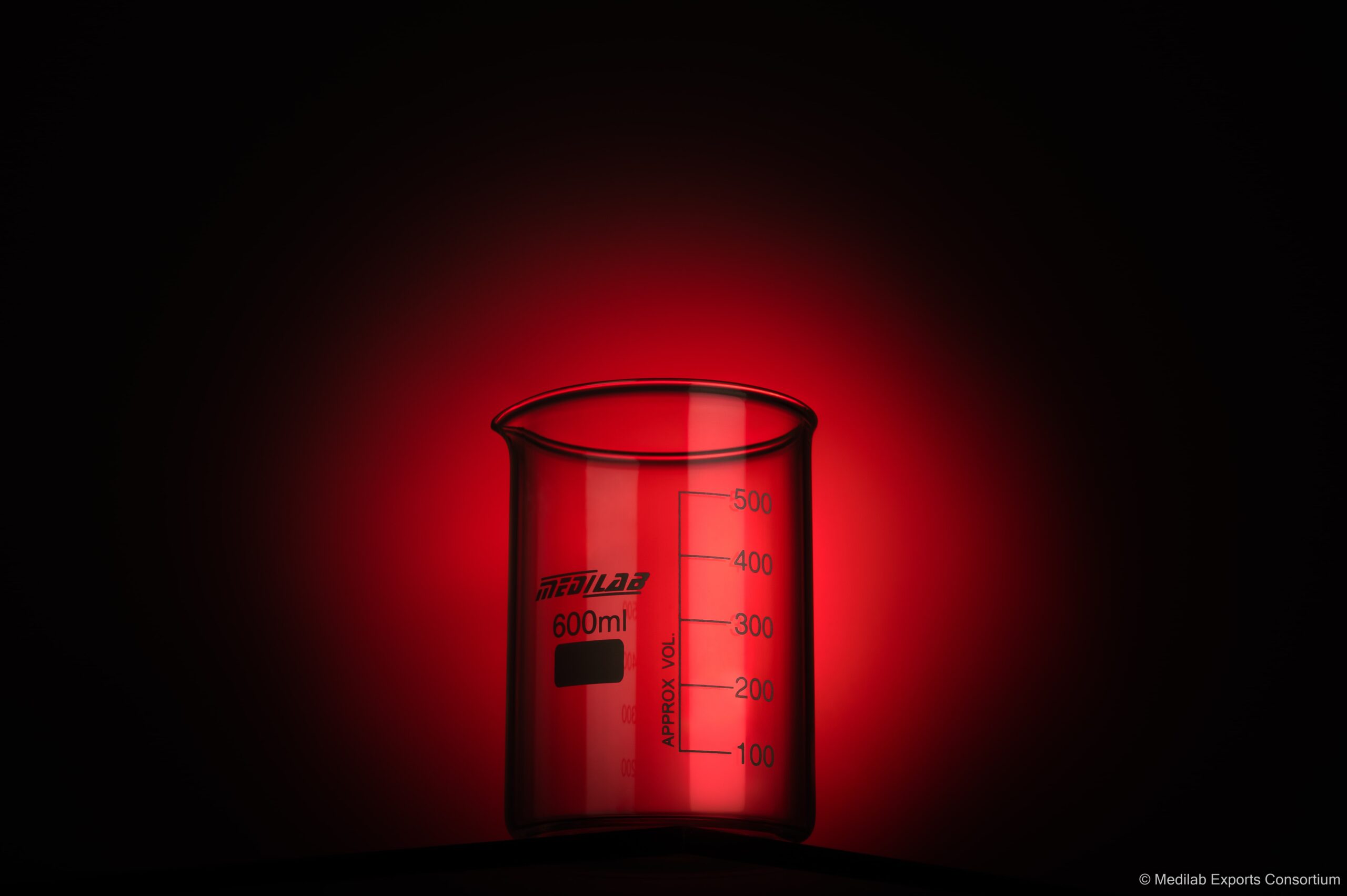The Essential Guide to Beakers in Laboratory Glassware
Beakers are one of the most commonly used laboratory glassware items, essential for various scientific experiments, chemical reactions, and educational demonstrations. Whether you are in a school laboratory or a high-end research facility, beakers play a crucial role in handling liquids, mixing solutions, and performing heating applications.
What is a Beaker?
A beaker is a cylindrical glass or plastic container with a flat bottom and a small spout for pouring liquids. Unlike flasks, beakers have straight sides, making them ideal for mixing, stirring, and heating substances. They come in various sizes, ranging from a few milliliters to several liters, depending on the application.
Types of Beakers:
There are different types of beakers designed for specific uses:
- Griffin Beaker (Low Form) – The most common type, featuring a wide opening and straight sides, suitable for general laboratory use.
- Berzelius Beaker (Tall Form) – Taller and narrower than Griffin beakers, used for titrations and experiments requiring controlled pouring.
- Heavy-Duty Beakers – Made with thicker glass to withstand extreme temperatures and mechanical stress.
- Plastic Beakers – Typically made from polypropylene or PTFE, these beakers are resistant to chemicals and breakage.
Uses of Beakers in Laboratories:
Beakers are versatile and serve multiple purposes in a laboratory setting, including:
- Mixing Solutions – Their wide opening allows easy stirring and mixing of chemicals.
- Heating Liquids – Beakers made from borosilicate glass can withstand high temperatures and are commonly used on hot plates or Bunsen burners.
- Measuring Liquids – Though not as precise as graduated cylinders, beakers provide approximate volume measurements.
- Holding Samples – Beakers serve as temporary containers for samples before further analysis.
Choosing the Right Beaker for Your Lab:
When selecting a beaker, consider the following factors:
- Material: Glass beakers (borosilicate) are ideal for heating, while plastic beakers are more durable and chemical-resistant.
- Size: Choose a beaker size based on the volume of liquid you need to handle.
- Graduations: If approximate measurements are sufficient, beakers with printed graduations are convenient.
- Durability: For rigorous applications, opt for heavy-duty beakers that offer enhanced resistance to thermal and mechanical shock.
Caring for Your Beakers:
To extend the lifespan of your beakers and ensure accurate results:
- Clean immediately after use to prevent contamination.
- Use appropriate cleaning solutions based on the substances used in the experiment.
- Avoid sudden temperature changes to prevent breakage.
- Store properly to prevent chipping or cracking.
Frequently Asked Questions (FAQs)
1. What is the difference between a beaker and a flask?
A beaker has straight sides and a wide opening, making it ideal for mixing and heating. A flask, on the other hand, has a narrow neck and is better for containing reactions and reducing evaporation.
2. Can beakers be used for accurate measurements?
Beakers provide approximate volume measurements but are not as precise as graduated cylinders or volumetric flasks.
3. Are plastic beakers safe for all chemicals?
Plastic beakers are resistant to many chemicals, but strong acids, bases, or organic solvents may degrade them. Always check chemical compatibility before use.
4. How do I prevent my beaker from breaking?
Avoid sudden temperature changes, do not subject beakers to mechanical stress, and store them properly to prevent cracks or chips.
5. What is the best way to clean a beaker?
Use mild detergent and warm water for routine cleaning. For stubborn residues, specialized laboratory cleaning solutions may be required.
6. Can I use a beaker in a microwave?
Glass beakers made from borosilicate glass can usually be microwaved safely. However, ensure there are no metal parts or contaminants before microwaving.
Explore High-Quality Laboratory Beakers at MEDILAB
At MEDILAB, we provide a wide range of premium laboratory glassware, including durable and precision-engineered beakers. Our beakers are designed for reliability and accuracy, making them the perfect choice for laboratories, research centers, and educational institutions worldwide.
Discover our full range of laboratory beakers and other lab essentials today! Visit our website or contact us for more details.



